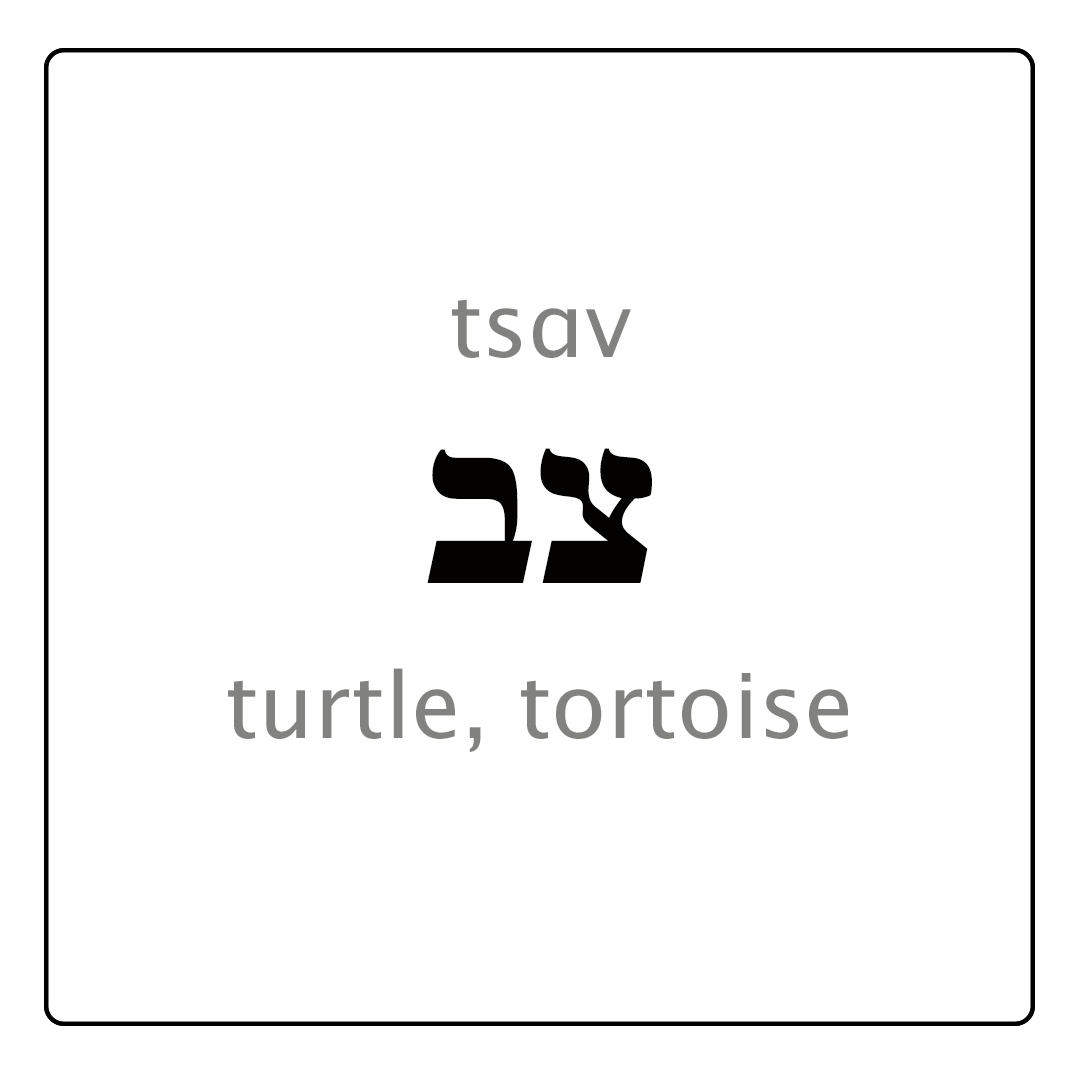
This Friday is the 100th anniversary of Eliezer Yehuda's death. To commemorate this occasion here is a thread of the many words he coined (to be updated until Friday):
The Hebrew word for "extreme" קִיצוֹנִי (ki.t͡soˈni). The word is based on the biblical קִיצוֹן (kiˈt͡son) meaning "last, at the very end" and the Arabic word for "extreme" أَقْصَى (ˈʔaq.sˤaː), which is derived from the cognate root.
The Hebrew word for "bicycle" אָפְנַיִּם (o.fɑˈnɑ.im). The word is the duel form of the biblical word for "wheel" – אוֹפַן (oˈfɑn).
The Hebrew word for "invasion" פְּלִישָׁה (pliˈʃɑ). The word is based on the verb פָּלַשׁ (pɑˈlɑʃ) originally meaning "break in, break through," which was borrowed from Aramaic. Now the verb is used to mean "invade."
The Hebrew word for “glove” כְּפָפָה (kfɑˈfɑ). The word is based on the Hebrew word “palm (of the hand) כַּף (kɑf).
The Hebrew word for “nursery” (for plants) מִשְׁתָּלָה (miʃ.tɑˈlɑ). The word is based on the verb שָׁתַל (ʃɑˈtɑl) meaning “plant.” Ben-Yehuda often used the noun pattern miXXɑXɑ to coin place names.
The Hebrew word for “cauliflower” כְּרוּבִית (kʁuˈvit). It's based on the word for “cabbage” כְּרוּב (kʁuv) and the Arabic word for “cauliflower” قَرْنَبِيط (qar.na.biːtˤ), both ultimately derived from the same Greek word for “cabbage” κρᾰ́μβη (krám.bɛː).
The Hebrew word for “harmonica” מַפּוּחִית (mɑ.puˈχit). The word is based on the word for a “bellows” (a device for blowing air) מַפּוּחַ (mɑˈpu.ɑχ) and the feminine suffix -it.
The Hebrew word for “progress” קִדְמָה (kidˈmɑ). The word is based on the Arabic word for “progress” تَقَدُّم (ta.qad.dum) and its root’s Hebrew cognate קד״ם.
The Hebrew word for “serious” רְצִינִי (ʁɛ.t͡siˈni). The word is based on an Arabic word for “serious” رصين (ra.sˤin).
The Hebrew word for “dandy” גַּנְדְּרָן (gɑnˈdʁɑn). The word is based on a Arabic word for “dandy” غَنْدور (ɣan.dur).
The Hebrew word for “germ” חַיְדַּק (χɑjˈdɑk). The word is a portmanteau of the words חַי (χɑj) meaning “animal, living” and דַּק (dɑk) meaning “small.” It’s a loan translation of French “microbe” – a portmanteau of the Greek words μικρός (“small”) and βίος (“life”).
The Hebrew word for “train” רַכֶּבֶת (ʁɑˈkɛ.vɛt). The word was formed from the word רֶכֶב (ˈʁɛ.χɛv) and the noun pattern XɑˈXɛ.Xɛt used for convoys in the words חַמֶּרֶת and גַּמֶּלֶת meaning convoy of donkeys and camels respectively.
The Hebrew word for handkerchief מִמְחָטָה (mim.χɑˈtɑ). It's based on a dated verb for snuffing out candles מָחַט and the Arabic verb for “blowing one's nose) تَمَخَّطَ (ta.maχ.χatˤ). Ben-Yehuda notes that the French verb “moucher” is used with both these senses
The Hebrew word for “iron” (tool) מַגְהֵץ (mɑgˈhɛt͡s). The word is based on the verb גָּהַץ (gɑˈhɑt͡s) meaning “iron” and the noun pattern mɑXˈXɛX often used by Ben-Yehuda for creating names of tools.
The Hebrew word for “clock” שָׁעוֹן (ʃɑˈon). The word is based on the Hebrew word for “hour” שָׁעָה (ʃɑˈɑ) and the suffix -on. Ben-Yehuda was influenced by the Arabic word for “clock” سَاعَة (saː.ʕa), a cognate of the Hebrew word, which also means “hour.”
The Hebrew word for “restaurant” מִסְעָדָה (mis.ɑˈdɑ). The word is based on the verb סָעַד (sɑˈɑd) meaning “dined.” Ben-Yehuda often used the noun pattern miXXɑXɑ for place names.
The Hebrew word for “towel” מַגֶּבֶת (mɑˈgɛ.vɛt). The word is based on the root נג״ב denoting “dryness” and the noun pattern XɑˈXɛ.Xɛt.
The Hebrew word for “pump” מַשְׁאֵבָה (mɑʃˈɛ.vɑ). The word is based on the biblical verb שָׁאַב (ʃɑˈɑv) meaning “draw (water),” using the noun pattern mɑXˈXɛ.Xɑ.
The Hebrew word for “greenhouse” חֲמָמָה (χɑ.mɑˈmɑ). The word is based on the Hebrew word for “hot” חַם and the noun pattern XXɑˈXɑ.
The Hebrew word for “ice cream” גְּלִידָה (gliˈdɑ often pronounced ˈgli.dɑ). It was coined based on the Aramaic root גל״ד denoting “freezing” probably meant to sound like Italian gelato. The Assyrian Neo-Aramaic Word for “ice cream” is nearly identical ܓܠܝܼܕܵܐ (ɡ.liːdɑː).
The Hebrew word for “newspaper” עִתּוֹן (iˈton). The word is a loan translation of the German word “Zeitung” based on the word Hebrew word for “time” עֵת (ɛt).
The Hebrew word for “official” (adjective) רִשְׁמִי. The word is a loan from Arabic رَسْمِيّ (ras.mij.j).
The Hebrew word for “stewardess”
https://twitter.com/HebreWords/status/1544211082327326722?s=20&t=h_xPZX_qRNM62FZKFqe38w
• • •
Missing some Tweet in this thread? You can try to
force a refresh







